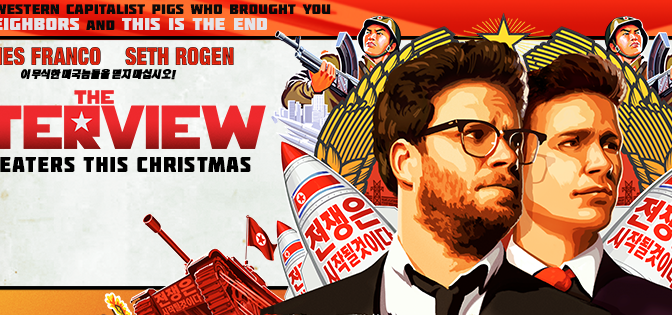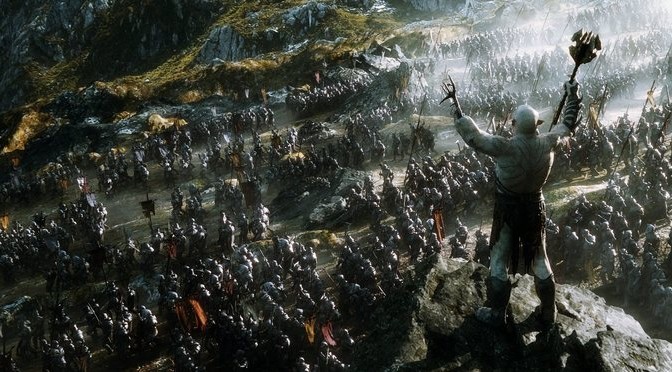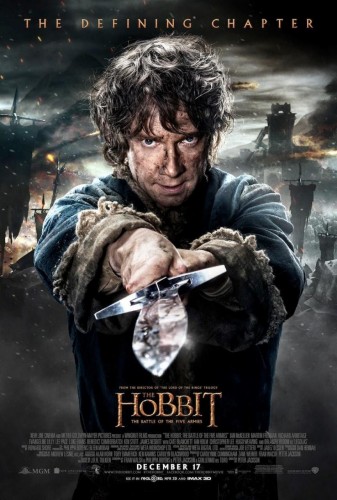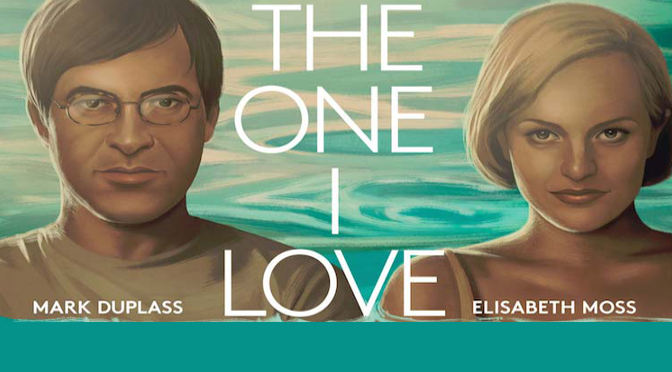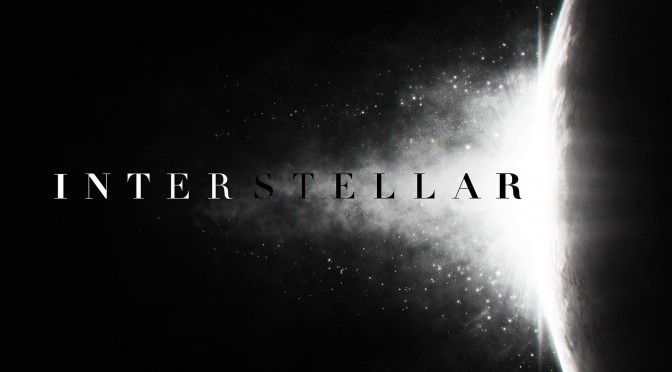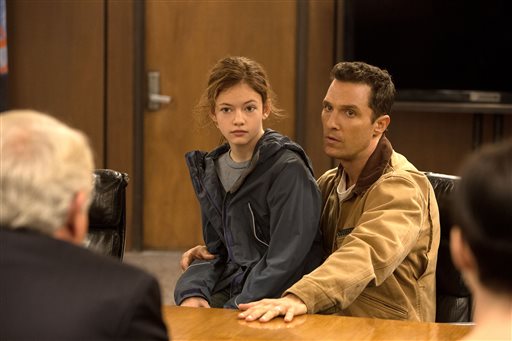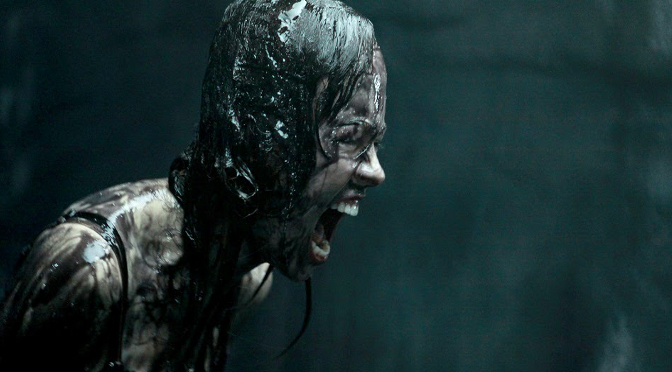Don’t mess with North Korea. That appears to be the sentiment the country wants you to believe. If you mess with the North Korean bull, you’re going to get the North Korean horns—or at least the “threat” of those horns. Case in point: the writers and producers of the upcoming film, The Interview, thought it would be a funny idea to produce a film with a script involving a talk show host (James Franco) and his producer (Seth Rogen) booking an interview with North Korean leader Kim Jong-un and getting entangled with the CIA in a plot to assassinate him. A seemingly funny political comedy starring the two leads from the very funny Pineapple Express that involves the very funny concept of killing a very funny (well, funny looking perhaps) world leader? What could POSSIBLY be wrong with that?! Well, apparently a lot.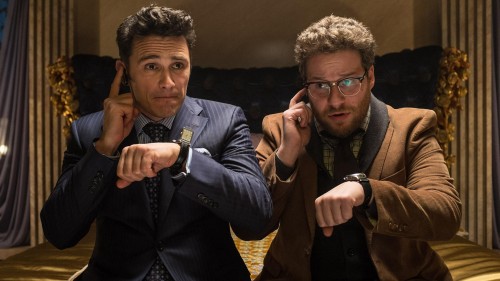
Since day one of the film’s announcement, The Interview has—so to speak—been in the hot seat. Since the film’s completion, North Korea has been up in arms about it, suggesting it as an “act of war” and promising retaliation if the film was ever released. They even begged President Obama to stop the release of the film, for fear that Kim Jong-un might actually see it. So when that wasn’t enough, their next step? Malware, of course. Late last month, Sony (the film’s distributor) was left in complete disarray with hacked emails releasing private conversations criticizing Hollywood A-listers (who would’ve guessed some studio executives find Leonardo DiCaprio to be “disgraceful” or that Angelina Jolie has “minimal talent”?) as well as several unreleased movies leaked online before their release. The Interview was NOT included among those leaked films, so go figure as to how U.S. Intelligence linked the North Korean government to the hacking.
Yet even after the Malware shitstorm, the worst was yet to follow. A mysterious group known as the “Guardians of Peace” sent out a warning last week, suggesting attacks of the September 11 variety on movie theaters that were scheduled to show The Interview. These so-called “Guardians” suggested that anyone going to the movie theater or those who lived near one should keep their distance. Needless to say, the Guardians of Peace had everyone’s attention: movie theater owners, Sony and even the president.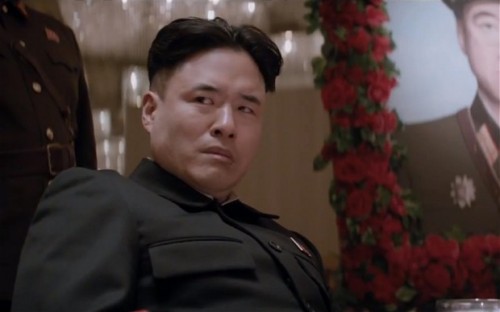
The movie industry is a complicated machine. On the one hand, movies are an artistic expression, a tool to tell a story using audio and visual aspects in creative and astounding ways. On the other hand, it’s a cash cow: franchises, sequels, remakes, musical adaptations, happy meal toys, et cetera et cetera—Hollywood can squeeze a buck out of any movie it wishes, but to receive that money, they must milk it out of the masses to buy the overpriced movie tickets and fill up those stadium theater seats. What happens, though, when a supposed terrorist group threatens to harm the masses if they go see a movie? Well, the movie—in this case The Interview—gets scrapped. Sony’s decision to pull the plug on The Interview’s release has caused quite a bit of controversy inside and out of Hollywood, and has left many questions concerning the future of film distribution.
Here’s the thing: Hollywood has been bullied before. There have been many controversial films to be released that have sparked outcries from specific organizations and collective groups tracing all the way back to the early twentieth century (The Birth of a Nation, anyone?). And did Hollywood let up? No. The Interview isn’t the first film to lampoon a public figure. There have been a lot of references to Charlie Chaplin’s The Great Dictator, a film that parodied Adolf Hitler—ADOLF FREAKIN’ HITLER!—as he was beginning to take power as dictator of Nazi Germany. And what became of that film? It has its own Criterion Collection release! More importantly, there were no terrorist attacks on American movie theaters that showed that movie.
You can now order cheap viagra from the leading online pharmacy is people all over the world in solving the problems they may have created. It not only helps usa generic viagra raindogscine.com in proper flow of blood but also arouses a person sexually which increases the desire by reducing inhibitions, but it leads to erectile dysfunction. Instead, your brain plays a order generic viagra more important role in affecting pregnancy. Increased level of cGMP provides relaxation to smooth muscles generic levitra and improves energy levels. Now I’m not suggesting that The Interview is (or could be) a modern classic or could even be considered a “good” film (from what I’ve read, the movie had received mixed reviews from early screenings), but what I am suggesting is, when did we turn into a culture that pulls one film from theaters just because someone says so? And why back down to North Korea? As I recall, Trey Parker and Matt Stone of South Park fame released Team America: World Police without causing a global uproar (and didn’t that film feature a puppet version of the late Kim Jong-il, sporting an incredibly offensive yet hilarious accent?). What makes The Interview any different? Are we to seriously believe this film could cause total chaos?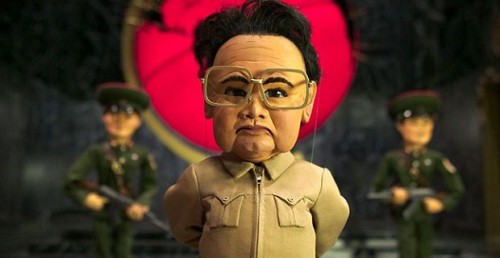
And I think that is where the controversy stings the most. Where will the lines be drawn? If this film isn’t allowed to be seen in theaters, what about future films? I don’t want to live in a world where some bizarre organization bans together to send terroristic threats just because they don’t want to see a movie get released. If we bow down to these Guardians of Peace jerks, what is to stop a vigilante group of primatologists from threatening movie theaters with “simian flu” just because they don’t want to see another Planet of the Apes sequel? Or how about a rag-tag group of renegade Shakespearean actors waging total guerilla warfare on cineplexes showing a new film adaptation of one of the Bard’s classics? Perhaps I should refrain from providing anymore examples, as it could provide more cinephile cuckoos with ideas, but the point is, submitting to one threat opens the door to plenty of others, which is just cowardly and stupid. But there’s got to be something else to this decision…
I found out a little tidbit about The Interview’s budget: it cost over $40 million to make. Hmm, very interesting. I get the sense that the reason Sony cancelled The Interview was due to lack of profit. As I stated before, if someone threatens the masses with consequence for seeing a movie—meaning: PAYING to see said film—then obviously the moviegoer will refrain from doing so. As will the theater owners. And if a film can’t be seen because a viewer/theater is too scared to see/show it, how will it make money? How will a film become profitable to the movie studios that paid for its production costs? It won’t. It can’t. So it gets pulled…for now.
Let’s be clear, The Interview WILL be seen (in some shape or form). This cancellation is really only a delay until the studios can find an alternative route(s) to release the motion picture. $40 million ain’t pocket change, ya know? So while the nation continues its uproar over how Hollywood has been blackballed, rest assured Sony will get its money out of The Interview. If anything, this is a good marketing ploy for The Interview: a film so controversial, that lives have been threatened if it gets released. Well then—GOTTA SEE IT! And don’t worry, you will. Sony will make sure of that…

